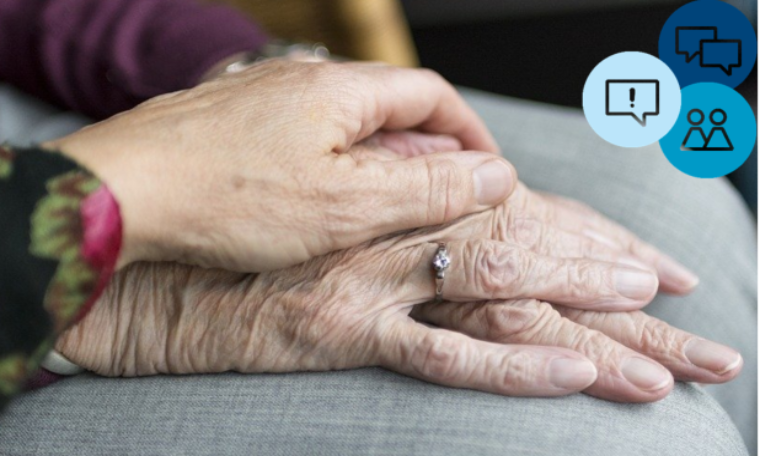
The International Day of Older Persons celebrated its 30th anniversary on 1 October 2020, with the focus this year on raising awareness of the different health needs of older persons and the launch of the ‘Decade of Healthy Ageing’, which aims to improve the lives of older persons and the communities they live in.
The ASA has only received a small number of complaints regarding the depiction of older persons, including in relation to health, in the last few years. This included concerns that a TV ad for an Alzheimer's charity featuring a depiction of Santa Claus suffering from Alzheimer’s was offensive and could cause distress to children. However, as the emotional nature of the appeal was proportionate to the content of the ad and the seriousness of the issue being discussed, the ASA judged the ad not to be irresponsible or likely to cause distress to those who viewed it.
As well as taking care to avoid causing unnecessary fear or distress when referring to sensitive subjects such as Alzheimer’s, advertisers should also ensure their ads don’t contain anything which could cause serious or widespread offence, particularly on the grounds of age. When judging whether an ad could cause serious or widespread offence, the ASA takes into account different factors such as where the ad appeared, the product being promoted and prevailing standards in society. It is important to note that what some consumers may find humorous, others may find deeply offensive.
Indeed, a poster by NicoFresh for e-cigarettes, which featured an older white woman sitting on a sofa alongside a young black man and the words “NO TABOO”, was judged to be offensive and banned by the ASA. They considered that consumers were likely to interpret the ad to mean that, contrary to the relationship depicted, to smoke e-cigarettes was not a taboo issue and that - as the couple had a pronounced age gap and were of different races -the presentation of the relationship suggested it was something unusual or socially unacceptable. On that basis, the ad was deemed likely to cause serious or widespread offence on the grounds of both age and race.
This year has seen the world recognise and celebrate the contribution of older persons to society, both in their lifetime and their achievements today. As the older population continues to grow around the world, so will their political, social and economic power. Advertisers looking to market their products to this demographic, and indeed more generally, should do so responsibly and be mindful of avoiding causing harm or serious or widespread offence on the grounds of age.
If you need further, bespoke advice on your non-broadcast ads, our Copy Advice team are here to help.
More on
-
Keep up to date
Sign up to our rulings, newsletters and emargoed access for Press. Subscribe now.


